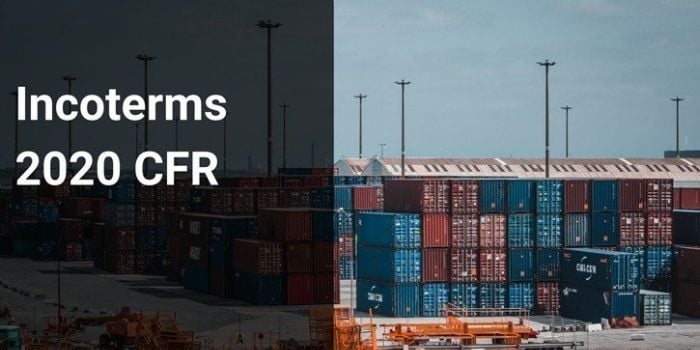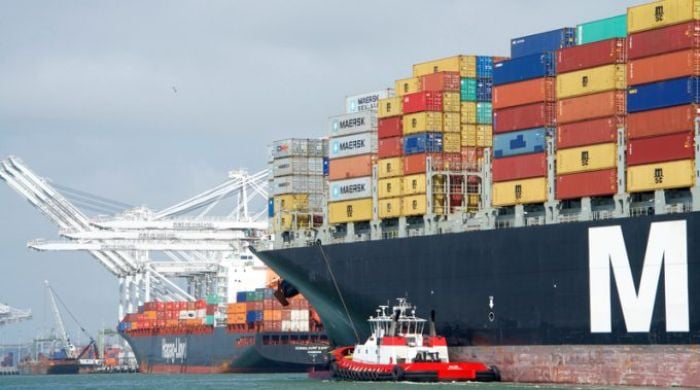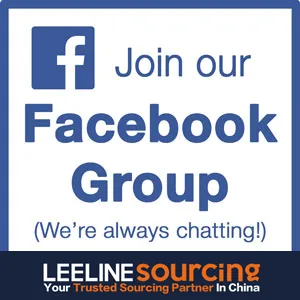CFR is a short form for “Cost and Freight.” It states that the seller is responsible for certain things. Such as clearing the items for export, delivering them aboard the ship at the departure port, and paying for the transportation of the goods to the designated destination ports.
Perhaps you’re preparing a transaction that entails an international trade. We’ve been dealing with shipping cases for more than a decade now. You can get helpful information regarding shipping the goods and knowing the “Cost and Freight” terminology.
Please continue reading for a detailed explanation of the CFR meaning and then apply it to your business transactions.

What is CFR incoterms
Cost and freight (CFR) is a popular term in trade. This term requires the seller to transport all his goods through waterways to the specified port terminal. CFR incoterms cover the cost, insurance, and freight (CIF). The seller is responsible for paying to protect the shipping expense and the insurance against any potential damage or loss if the buyer says so.
When to use CFR incoterms?
Maritime and inland waterway transportation is the only mode of transportation eligible under the CFR regulation. However, it should only be utilized when the buyer and seller have immediate access to the ship for loading purposes. This is the best term for businesses near ports and accessing it with their own transport. Chinese rivers provide a good connection to suppliers that are away from sea ports. Such as bulk cargoes or non-containerized commodities. Consider CPT for containerized items.
The seller arranges the transport to the designated port and pays for it. An export-cleared shipment of goods is delivered to the shipper by the seller.
What are the Buyers and Sellers’ Responsibilities with CFR incoterms?
The vendor must deliver the items to the authorized port. A country’s first port of call is where products’ risk is shifted. These are some of the vaguely discussed responsibilities of buyers and sellers.
Seller’s Responsibilities:
A seller is responsible for the maintenance, inland, depot, documentation, export custom, and freight charges. He handles all the paperwork from the export side for a smooth process. It is up to him to have an agent for it or do it himself.
Buyer’s Responsibilities:
A buyer pays and is responsible for insurance and transportation. The buyer bears everything within the cost transfer point. He is responsible for everything after the destination port. This is import clearance, and the buyer needs to get all the legal work like getting licenses. Pre-shipment inspections of products are also the buyer’s responsibility. A buyer may also buy previously delivered products.
Pros and Cons of CFR incoterms

Pros of CFR incoterms:
- The vendor may decide the selling price himself. The vendor may then instantly add transportation costs to the selling price.
- The second benefit is that the vendor is not responsible for cargo damage or loss after delivery. It is good for the seller, so the buyer must purchase insurance.
- The customer also does not have to bother about arranging ship transportation. The vendor handles everything, such as loading containerized cargo.
Cons of CFR incoterms:
- The drawback of CFR is that if the customer is not diligent, the advertised price might increase. As the seller may put the selling price first. And the selling price plus shipping costs.
- The vendor must additionally pay the freight. As indicated before, the freight cost might be included in the contract’s sales value. If the buyer fails to do so, things will take the wrong turn.
- The customer also faces damage during shipping. Keep any good insurance to cover all the losses in the shipment.
Looking for the Best China Sourcing Agent?
Leeline Sourcing helps you find factories, get competitive prices, follow up production, ensure quality and deliver products to the door.
CFR incoterms Risks
There are a few critical aspects under the Incoterms 2020 rules. In terms of CFR, when the seller loads, he should confirm that he has met his commitment. This is when the materials are shipped and loaded on the transport they designated at the indicated export port. The seller must show the commercial invoice.
The buyer acquires all risk and accountability for the goods at about this moment. He is responsible until the goods are all in the perfect place in the vessel for conveyance. This income is good for the seller but not for the buyer. They have to manage insurance & final transportation, so it’s an extra burden on them.
CFR incoterms Example

Here is a simple example for you to make stuff easy to understand.
Assume a South African industrial firm buys machinery components from a Finnish manufacturer. Because the equipment is too large to ship in a container, the parties agree to use CFR 2020. The equipment will depart Finland through Helsinki and arrive in Durban, South Africa. The pre-shipment inspection takes place first.
Now, if we consider the CFR (Durban), this is what you need to learn.
The parenthesis around Durban implies the Finnish vendor must pay for transportation up to that point. Because this is a C-group Incoterm sales contract, we know delivery happens when the equipment is placed onto the ship in Helsinki, Finland.
When the equipment is put on the ship in Helsinki, the buyer’s risk of loss or damage passes to the South African customer. Still, the Finnish vendor must organize and pay for shipping to Durban.
Suggested reading: Alibaba DDP Shipping
FAQs about CFR
What does Cost and Freight (CFR) entail?
CFR (cost and freight) is a legal term for use in international commerce transactions. In a cost and freight contract, the seller must arrange for the shipment of goods by sea and give the purchaser the requisite paperwork.
Who controls the CFR?
It is not under the control of any entity. The cost and freight CFR is an independent, neutral membership organization, research institute, and publisher devoted to foreign policy. The headquarters are located in Manhattan, New York.
Are CFR and CIF the same?
No, they are not the same. CFR is a commerce phrase that compels the seller to ship goods by waterways to a specified port. Cost, insurance and freight (CIF) are what a seller pays to finance freight and insurance for a buyer’s order.
How do you calculate the CFR price?
The CFR price is calculated by considering freight insurance, customs, the price of goods, verifications, labor, packing labeling, documentation, duties & taxes, port charges, etc.
Does CFR Include Duty when Shipping from China?
Yes. Customs duty is included in CFR and is paid by the customer. Unloading starts spontaneously after the seller delivers the package to the authorized port of destination.
As a result, the buyer is responsible for all duties and taxes on imports.
What’s Next
Mainly, when we talk about CFR, like other Incoterms, it is a legal contract between the buyer and the seller. Being a frequent international trader, you’re responsible for contracting the entire transportation. And if you are on the buyer’s side, things will fall in your favor if the goods are delivered to a high-risk country. Keep in mind that everything comes with a set of advantages and disadvantages for both the buyer and seller.
But more significantly, you should weigh all your possibilities before selecting an Incoterm.
To discover more about incoterms, contact us immediately and let us help you with your shipment.








